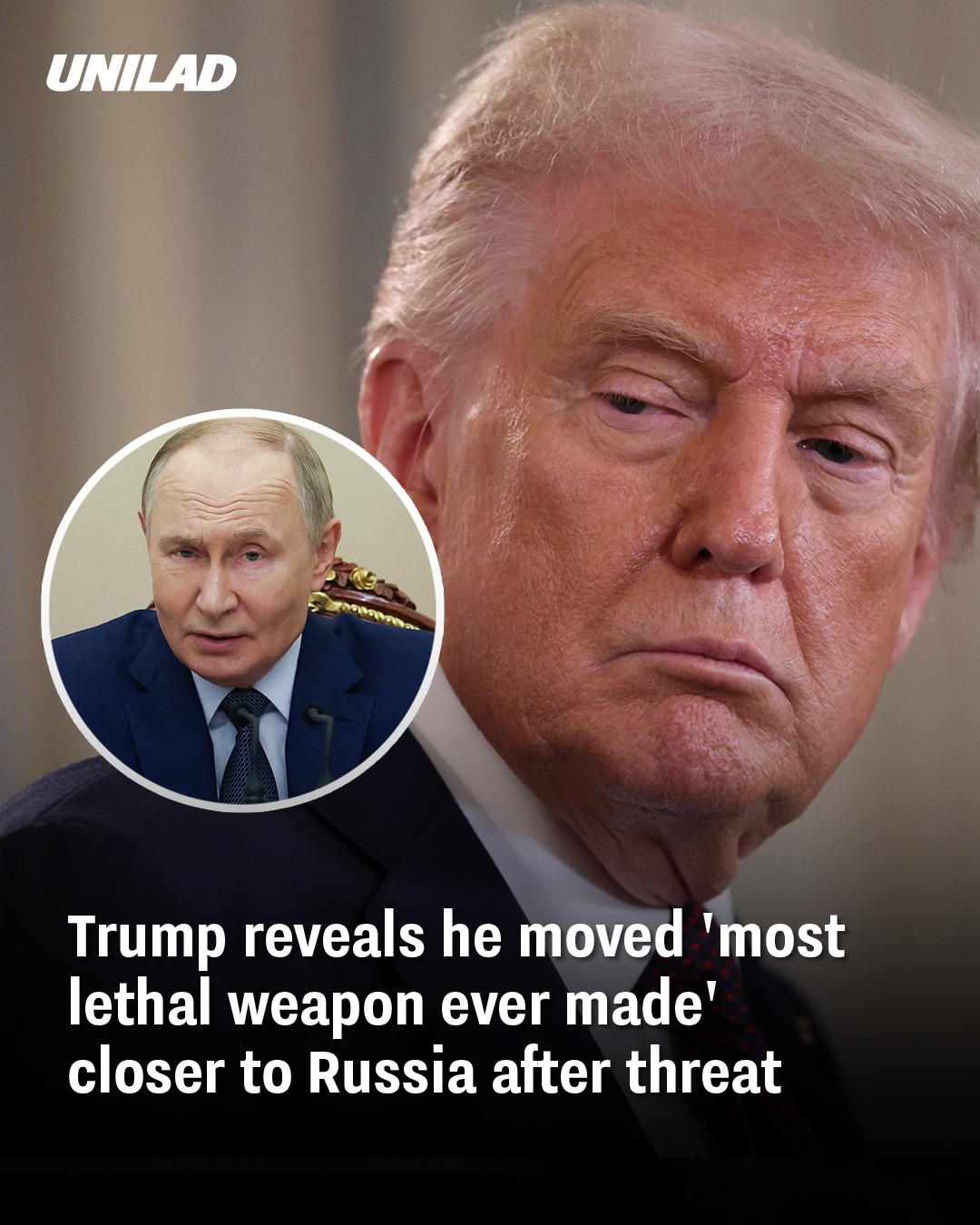A Nuclear Warning
President Donald Trump has once again heightened concerns over escalating global tensions after revealing he ordered a U.S. nuclear submarine closer to Russia during a standoff in August. Speaking to reporters on September 30, Trump described the vessel as “the most lethal weapon ever made.”
“We were a little bit threatened by Russia recently, and I sent a submarine — nuclear submarine, the most lethal weapon ever made,” Trump said. “You can’t detect it. There’s no way. We’re 25 years ahead of Russia and China in submarines.”
His remarks come as the war in Ukraine grinds on without signs of a ceasefire and as NATO grapples with repeated provocations from Moscow.
Responding to Russia’s Nuclear Rhetoric
The move followed comments from former Russian Prime Minister Dmitry Medvedev, who warned Washington to remember the “dead hand” — a chilling reference to Russia’s nuclear retaliation system.
Trump said that while the United States has unmatched nuclear capability, it was not something he wanted to see used.
“Frankly, if it does get to use, we have more than anybody else. We have better, we have newer, but it’s something we don’t ever want to even have to think about.”
Still, Trump acknowledged the devastating potential of even a fraction of the arsenal:
“You don’t have to be that good with nuclear. You could have one-twentieth what you have now and still do the damage that would be horrendous.”
NATO Airspace Incursions
The president’s comments come during a turbulent period in Europe. NATO allies have reported multiple violations of their airspace by Russian aircraft and drones:
- Estonia accused three Russian MiG-31 fighter jets of crossing into its airspace for 12 minutes. Moscow has denied the claim.
- Poland confirmed its forces intercepted several Russian drones that crossed its border, prompting Prime Minister Donald Tusk to request activation of NATO’s Article 4, which calls for emergency consultation among member states.
In response, Trump said NATO countries should respond aggressively to future violations:
When asked if NATO allies should shoot down Russian aircraft that enter their airspace again, he answered simply: “Yes, I do.”
Fears of Escalation
Russian officials quickly fired back at Trump’s comments. Alexey Meshkov, Russia’s ambassador to France, warned that if NATO were to shoot down a Russian plane, “it would be war.”
Observers worry Trump’s nuclear posturing, combined with NATO’s rising tensions with Russia, risks tipping an already volatile situation into direct confrontation. Critics called his rhetoric reckless, while supporters praised his willingness to project American strength.
Final Thoughts
With Russian drones crossing NATO borders, fighter jets accused of violating allied airspace, and Trump openly discussing the deployment of nuclear submarines, fears of escalation are mounting.
While Trump insists nuclear weapons are not something he wants to use — even jokingly referring to them as “the N-word” that should never be spoken lightly — his remarks underscore the dangerous brinkmanship defining U.S.–Russia relations in 2025.
The world is watching closely, as the line between deterrence and provocation grows thinner with each statement and maneuver.


